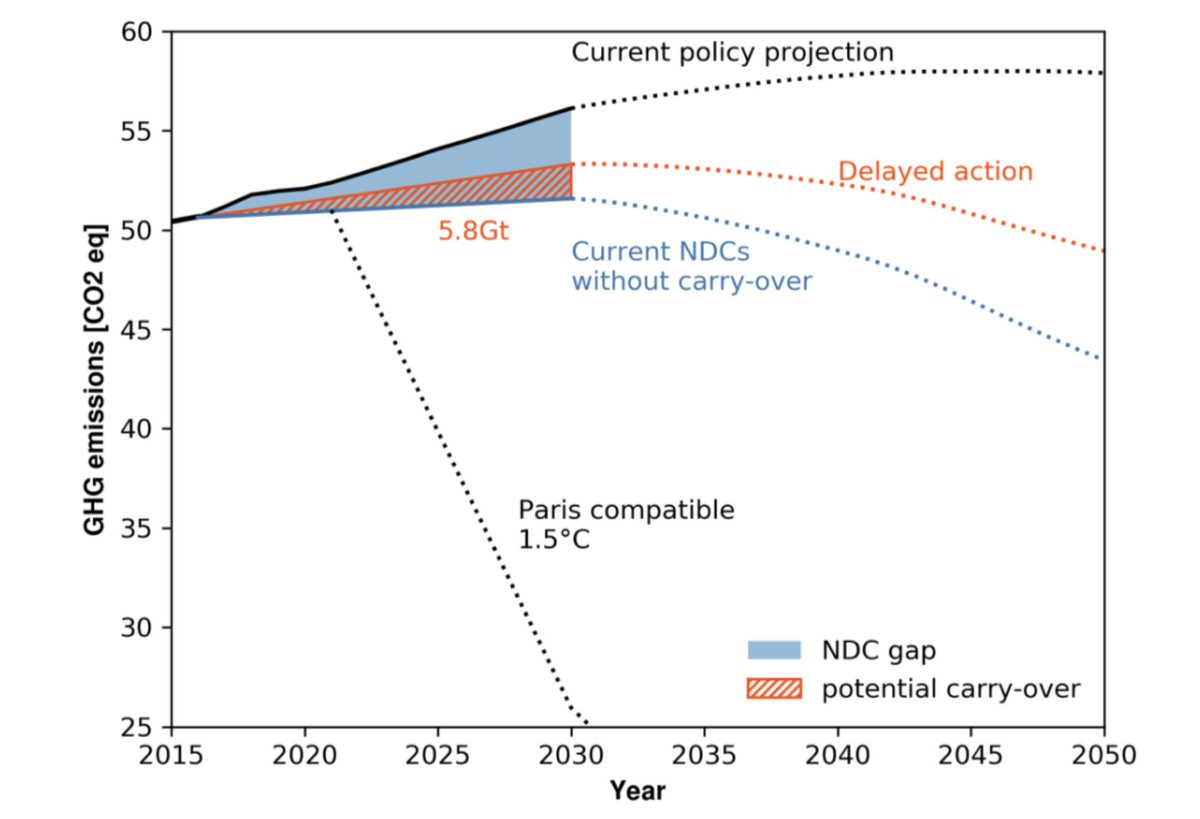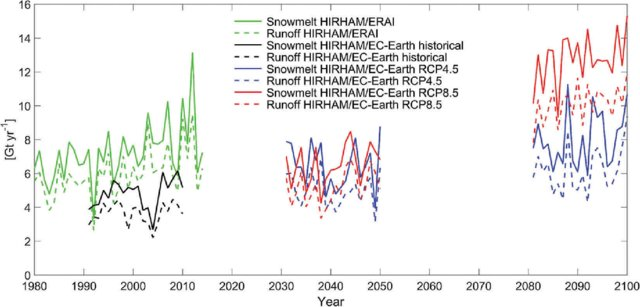1. In 2017 we had:
1% chance of staying below 1.5C
5% chance of staying below 2.0C
2. In 2020 climate models imply:
1.5C by 2023
2.0C by 2036
3. The Paris Agreement doesn't:
mention fossil fuels
define "pre-industrial levels”
reflect dire feedback acceleration
'That’s a lot of numbers and data – so much that it could make even the most climate-literate head spin.'
What an excellent quote.
See here for 2017 chances of 1.5C and 2C, and discussion of baselines:
theconversation.com/why-is-climate…
Latest climate models which will be used in the 2021 IPCC report show the climate system is more sensitive than thought.
Some scientists dispute these results, but 2C and 'environmental ruin' by 2036 was suggested in 2014 by M. Mann.
See this thread:
We are at 1.3/1.4C today using a 1750 baseline.
However, it is quite possible to argue that we're still at 1.1/1.2C, which is of course a terrible complication as we try to attain clarity and avoid downplaying the reality of abrupt climate change.
theconversation.com/what-is-a-pre-…
The most dangerous climate feedback loop is speeding up:
'Thawing permafrost is an especially dangerous amplifying feedback loop because the global permafrost contains twice as much carbon as the atmosphere does today.'
And what about Arctic albedo?
thinkprogress.org/dangerous-perm…
Due to the very strong positive feedback of the ice albedo, 'if enough ice melts, causing Earth’s surface to absorb more and more heat, then we may hit a point of no return.' ~ NASA
The Arctic is 'heading toward irreversible melting'. ~ NOAA
Thread:






